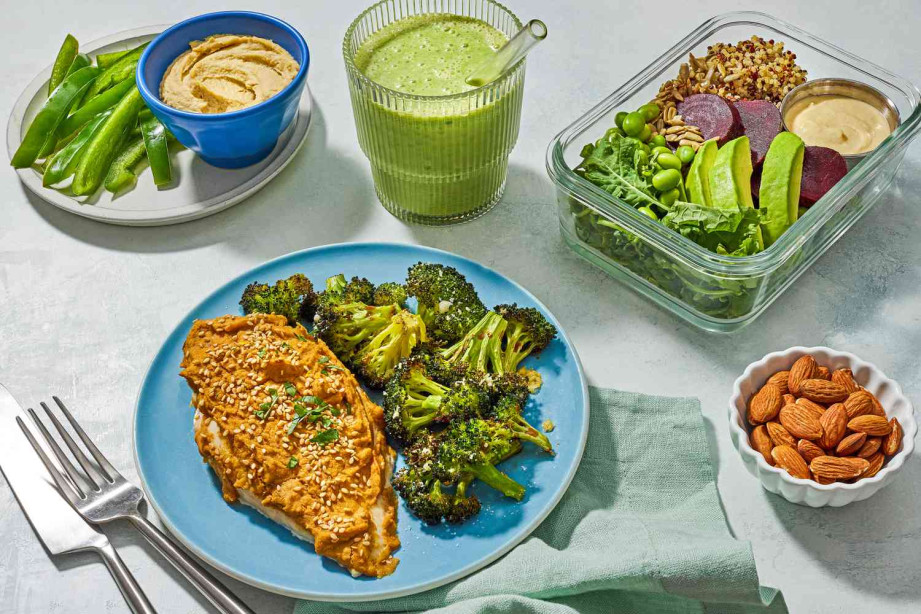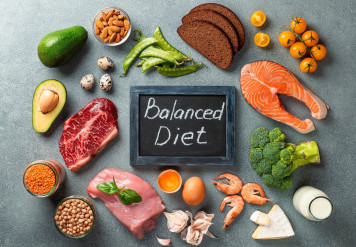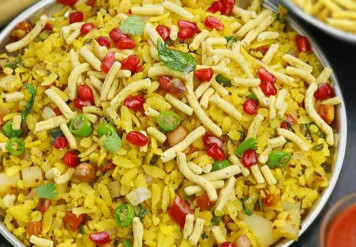Balanced Eating Made Simple: A Beginner’s Guide to Nutrition

Healthy eating doesn’t have to be complicated. Balanced nutrition means giving your body the right mix of carbohydrates, proteins, fats, vitamins, and minerals to stay energized and strong. With a few simple guidelines, anyone can create meals that support overall health without strict diets or confusion.
Before you begin
Balanced eating isn’t about restrictions or cutting out entire food groups. It’s about moderation and variety. A colorful plate filled with different food types ensures you get all the nutrients your body needs.
Here are the basics
Half Your Plate with Veggies & Fruits: They’re rich in vitamins, minerals, and fiber that aid digestion and boost immunity.
Include Lean Protein: Foods like beans, lentils, fish, eggs, or chicken help build muscles and keep you full longer.
Choose Whole Grains: Swap refined carbs with brown rice, oats, or whole wheat bread for steady energy.
Don’t Fear Healthy Fats: Avocados, nuts, seeds, and olive oil provide essential fatty acids for brain and heart health.
Stay Hydrated: Water is just as important as food. Aim for 6–8 glasses daily to keep your body functioning smoothly.
In the kitchen
Balanced meals are easy to create once you plan ahead. Think simple combinations: grilled chicken with quinoa and vegetables, or lentil curry with brown rice and salad. These meals are nutritious, satisfying, and budget-friendly.
Start small — add an extra serving of vegetables, switch to whole grains, and drink more water. Over time, these habits will turn into a lifestyle, making healthy eating natural and effortless.
















